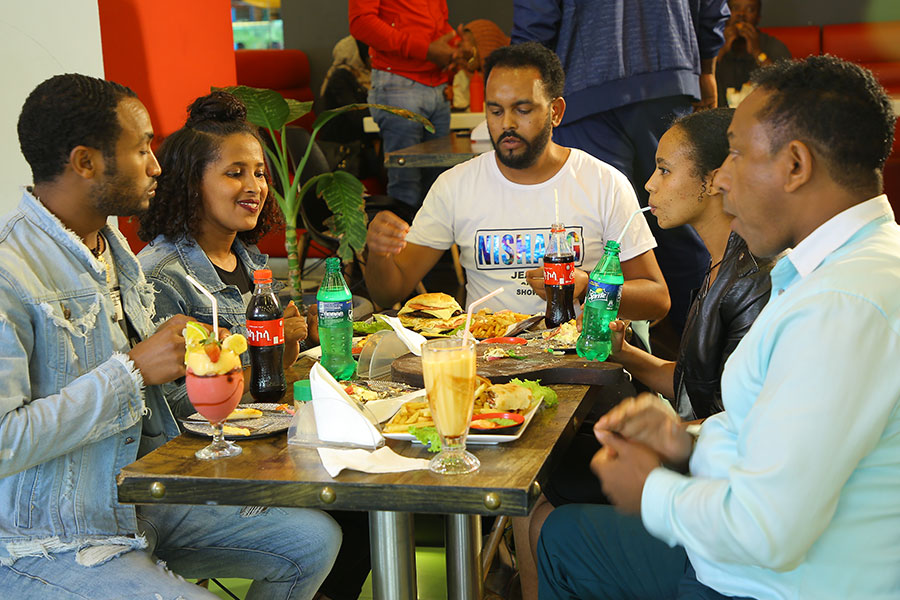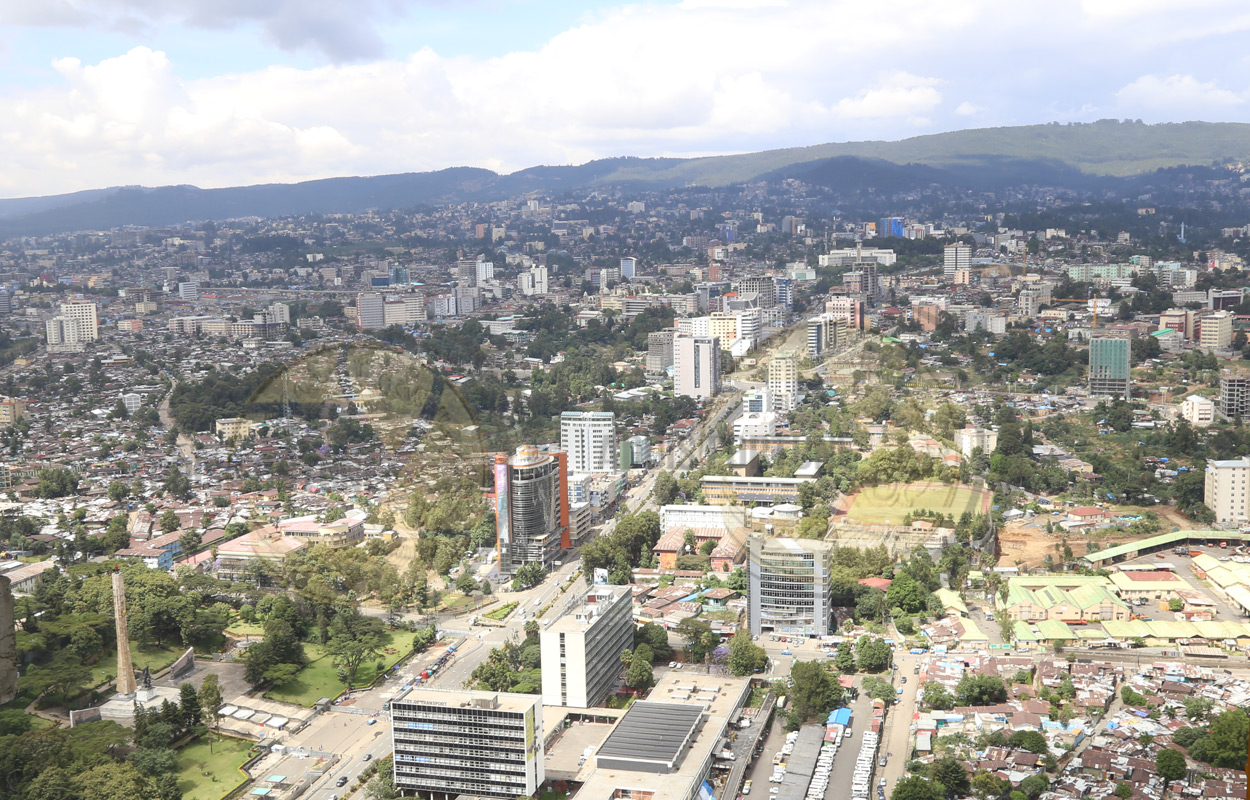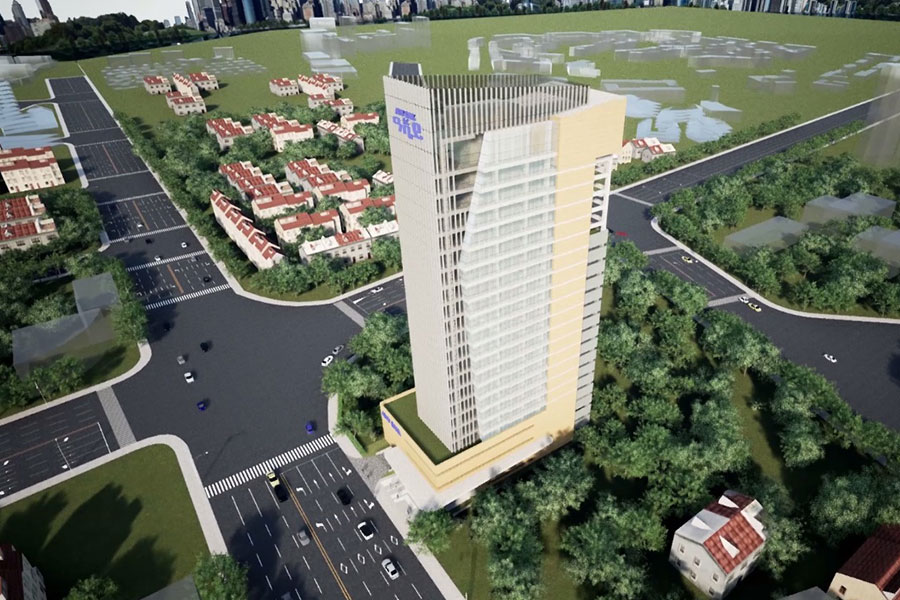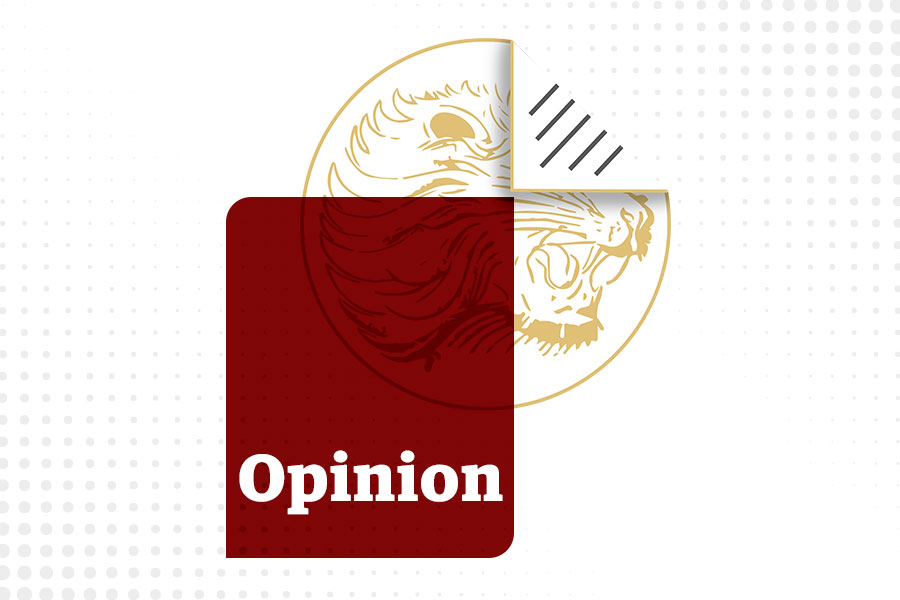
In my early days, my daily commute to school involved passing by a villa enclosed on three sides by the then-Organisation of African Unity (OAU) compound. Journeying with the venerable Bus Number 2 of Anbessa public transport from the Mekanissa area, the route navigated through the Vatican Embassy, Sarbet, Mexico Square, Lideta and culminated at the heart of Merkato. Occasionally, the bus's engine succumbed to exhaustion, especially on the challenging ascent near the former OAU compound, prompting passengers to disembark and trek uphill.
Every time I passed by the villa, I observed the daily activities of a large family. Despite the absence of regular neighbours, their unique status left a lasting impression, as if the occupants were cradled in the embrace of the entire African continent.
As the political nucleus, OAU perpetuated Addis Abeba's role as a melting pot of cultures, a beacon for anti-colonial struggles and a jewel of freedom. Its successor African Union (AU) eventually incorporated the villa into its compound, sealing off the wrought-iron gate that once served as its entrance. While the fate of the large family remains unknown, their sacrifice for the loftier cause of Africa resonates in the AU's expanded premises, extending into the erstwhile Kerchele grounds.
Fast forward three decades, I found myself at a standstill multiple times due to the movement of dignitaries and security motorcades during the AU summit last weekend. However, I choose to perceive these inconveniences as a relatively small price to pay for Addis Abeba's unique role as the diplomatic hub for the continent.
This mindset traces back to my early days when our house was rented to AU operational staff members at various times. It gave me a chance to get acquainted with various nationals. I remember a Kenyan girl who stayed for several years until the end of her mission. We shared memorable moments including her engagement occasion and the emotional departure was not easy.
During my stay in Togo six years ago, encounters with Togolese people reinforced the power of shared grief and the solace found in diverse companies. Togo, a nation etched in my memory as the only country I visited on the continent, encapsulates the essence of unspoiled nature, warm people, and a relaxed ambience. The diverse landscapes, from the Sahara to equatorial rainforests, the Ethiopian mountains to the Nile and Congo river basins, evoke a sense of awe. Positioned as a gateway between continents, Africa holds the promise of greatness, a potential awaiting realisation.
The ties between its people, despite linguistic and cultural diversity, fall short of the desired strength. When prompted, many of us can recount about distant regions like the West or the Middle East than our immediate neighbours. Hollywood and Bollywood overshadow cultural references of Nollywood and Riverwood. It is ironic. There is much to discover and appreciate about the continent—abundant natural resources, breathtaking landscapes, humble and nature-connected people and unparalleled diversity.
Africa's historical narrative, marked by colonisation and a "dark continent" portrayal, has cast a shadow on its immense potential. While challenges persist, promising signs emerge—a tripling of the middle class, a youthful population of 400 million, improving literacy rates and a continent poised for technological advancements and economic development.
However, the untapped potential that could yield the highest return on investment lies in unification. Despite the vision of the founding fathers and the nomenclature of the continental organisation, true unity remains elusive. African countries, well-connected individually to the world, still lack substantial integration in infrastructure, commerce, and interpersonal interactions. While the continent boasts vast territories and resources, the fragmentation persists, hindering the realisation of its collective potential.
A notable concern is the limited involvement of member states in the budget-setting process. It heavily relies on donor funding for its programs and operations as over 40pc member states fail to fulfil their annual contributions. The absence of a robust oversight and accountability mechanism within the Commission also raises concerns about the effective and prudent use of resources.
Addressing financial challenges requires member states to play a more active role. In a recent address at the University of Pretoria's Future Africa Campus, US Secretary of State Anthony Blinken emphasised the US perspective on Africa as equal partners in global challenges. Acknowledging Sub-Saharan as a major geopolitical force, Blinken highlighted a strategy focusing on collaboration rather than patronage.
The question that arises is whether we perceive ourselves as equal partners and are ready to assert their rightful place on the global stage. A significant step in this direction occurred during the 36th General Assembly, where Prime Minister Abiy Ahmed (PhD) advocated for representation in the UN Security Council. This resonates with the longstanding call for Africa to have a say in global affairs, rectifying historical injustices and amplifying its voice on issues directly affecting its interests.
Historical plea to the League of Nations during the Italian invasion met with indifference, the acknowledgement of our rightful place at the UN Security Council signifies progress. It symbolises the continent's gradual awakening to assert itself globally, transcending the Security Council seat as a mere precursor to a more profound transformation.
To assert themselves as equal partners on the global stage, member states must play an active role in their unity. We must overcome previous wounds, unite and project a positive image to the world. As the legendary Bob Marley urged in his iconic lyrics, Africa must unite and move towards a promised land, shedding the shackles of the past.
PUBLISHED ON
Feb 24,2024 [ VOL
24 , NO
1243]


Featured | Sep 10,2021

Viewpoints | Feb 17,2024

Fortune News | Dec 05,2018

Fortune News | May 04,2019

Viewpoints | May 11,2023

Viewpoints | Jan 15,2022

Fortune News | May 28,2022

Viewpoints | Dec 16,2023

My Opinion | Apr 22,2023

Radar | Feb 27,2021

Dec 22 , 2024 . By TIZITA SHEWAFERAW
Charged with transforming colossal state-owned enterprises into modern and competitiv...

Aug 18 , 2024 . By AKSAH ITALO
Although predictable Yonas Zerihun's job in the ride-hailing service is not immune to...

Jul 28 , 2024 . By TIZITA SHEWAFERAW
Unhabitual, perhaps too many, Samuel Gebreyohannes, 38, used to occasionally enjoy a couple of beers at breakfast. However, he recently swit...

Jul 13 , 2024 . By AKSAH ITALO
Investors who rely on tractors, trucks, and field vehicles for commuting, transporting commodities, and f...

Jun 28 , 2025
Meseret Damtie, the assertive auditor general, has never been shy about naming names...

Jun 21 , 2025
A well-worn adage says, “Budget is not destiny, but it is direction.” Examining t...

Jun 14 , 2025
Yet again, the Horn of Africa is bracing for trouble. A region already frayed by wars...

Jun 7 , 2025
Few promises shine brighter in Addis Abeba than the pledge of a roof for every family...